Introduction
Gardening is an art that requires the right tools to create a masterpiece. One such tool that can revolutionize your gardening experience is a garden cultivator. This versatile tool is designed to enhance soil health, improve plant yield, and make your gardening tasks more efficient. This article delves into the world of garden cultivators, exploring their functionality, types, and the numerous benefits they offer. We will also guide you on how to choose the right cultivator for your specific needs, and introduce you to some of the top models available on Alibaba.com. Let's embark on this journey to understand how a garden cultivator can transform your gardening endeavors.
Understanding Garden Cultivators
A garden cultivator is used to mix up soil that is already loose and stir in compost or fertiliser to prepare it for planting. Unlike tillers, garden cultivators aren't suitable for breaking up firm ground. Instead, they make your loose soil even finer, enhancing the appearance of your garden or allotment. They are essential tools for maintaining soil health and preparing for planting.
Types of Garden Cultivators
Garden cultivators, less powerful than tillers, are not designed for breaking ground or loosening hard soil. Instead, they're perfect for tasks that keep your garden healthy and thriving throughout the growing season. Cultivators churn soil into a much finer mixture than tillers, making them great for putting final touches on your garden plot just before you sow your seeds. Unlike garden tillers, which are typically gas-powered, cultivators come in gas-powered, corded electric, and cordless models. When people use the term 'electric tiller,' they're actually referring to an electric cultivator.
How Garden Cultivators Work
A garden cultivator is a versatile tool used for various gardening tasks. It stirs and pulverizes the soil, preparing a smooth, loose seedbed before planting or controlling weeds after the crop has started growing. Unlike a harrow, cultivators are designed to disturb the soil in careful patterns, sparing the crop plants but disrupting the weeds. Small toothed cultivators, either pushed or pulled by a single person, are used for small-scale gardening. They combine the functions of a harrow and cultivator into one multipurpose machine, making them an essential tool for any gardener.
The Benefits of Using a Garden Cultivator
A garden cultivator is a valuable tool for any gardener. It's primarily used to mix loose soil, making it ideal for preparing established gardens or small beds for the season. It helps mix potting and regular soil together, breaks up small weeds and grasses, and works light amounts of fertilizer, manure, or compost into your soil mixture. This not only improves soil quality but also enhances plant health and yield. Moreover, it saves time and effort, reduces weeds and pests, and promotes eco-friendly gardening.
Improving Soil Quality
Garden cultivators are instrumental in improving soil quality. They break up compacted soil, preventing the formation of large clumps that can be challenging to work with. By aerating the soil, cultivators make it easier for plants to access nutrients. They also allow for the mixing of fertilizers and the addition of nitrogen and other nutrients. The ability to customize the angle and depth for each attachment enhances various growing environments and crops. All these tasks can be accomplished in one run, saving time and effort.
Enhancing Plant Health and Yield
Tilling or cultivating your garden with a garden cultivator enhances plant health and yield. The process of tilling prepares the soil for planting, making it easier for plants to access oxygen, water, and nutrients. If the soil is too hard, plants will struggle to thrive. Tilling also allows for the effective mixing of organic material such as compost, improving the texture and quality of the soil. This preparation gives plants the best chance for success, leading to a healthier garden and a higher yield of crops.
Saving Time and Effort
Gardening can be a time-consuming task, but with the help of a powered garden cultivator, your work can shift from painstaking to productive. These handy machines simplify various garden chores. Electric cultivators, being lightweight and easy to use, are perfect for quick jobs and small spaces. On the other hand, gas cultivators, with their heavier weight and increased power, are better suited for certain tasks. Despite the forearm workout from steering and guiding the machine, they make the process more efficient.
Reducing Weeds and Pests
A garden cultivator can be a powerful tool in reducing weeds and pests in your garden. By disrupting the soil, cultivators can prevent weed germination and growth. This is particularly effective against annual weeds, which germinate and grow within a single growing season. Moreover, weeds often harbor pests and diseases, which can spread to your plants. By controlling weeds, you're also reducing the likelihood of pest infestations and disease outbreaks. However, it's important to cultivate when the soil is moist but not wet, and to be careful not to damage your plants in the process.
Eco-Friendly Gardening
Sustainable gardening is a key aspect of eco-friendly gardening. It combines organic gardening practices with resource conservation. This includes improving soil health, conserving water, choosing the best plants and materials for your conditions, and supporting the natural ecosystem. Healthy soils produce healthy plants, and using water efficiently is crucial. Native plants are inherently sustainable as they require less watering and fertilization. Also, using environmentally friendly tools and materials contributes to sustainability. By adopting these practices, you can make your garden more sustainable and eco-friendly.
Choosing the Right Garden Cultivator for Your Needs
Choosing the right garden cultivator depends on your specific needs. If you need a balance between power and ease of use, a 2-cycle cultivator is a great choice. They're lighter, simpler to maintain, and offer a good power-to-weight ratio. However, if you're dealing with denser soil, a 4-cycle cultivator might be more suitable. They're more fuel-efficient and offer more power, despite being heavier. Additionally, consider cultivators with features like reversible tines and attachment adaptability for added versatility.
Considerations When Buying a Garden Cultivator
When buying a garden cultivator, consider the type that suits your needs. Electric cultivators are lightweight, simple to use, and perfect for quick jobs in small spaces. They run on a compact electric motor and have adjustable tines for versatility. On the other hand, gas cultivators are heavier and more powerful, making them suitable for certain tasks. They provide a robust forearm workout as the tines propel the cultivator forward, ripping up the soil. Choose based on your garden size, the nature of tasks, and your physical capability to handle the machine.
Top Garden Cultivator Models on Alibaba.com
In the realm of garden cultivators, several models stand out for their quality and performance. Whether you're looking for a compact, lightweight model for small gardens or a robust, powerful option for larger plots, Alibaba.com offers a wide range of cultivators that cater to different gardening requirements. By investing in a garden cultivator, you're investing in the health and productivity of your garden, paving the way for a bountiful harvest and a rewarding gardening experience.
Conclusion
In conclusion, a garden cultivator is an indispensable tool for any gardener. It not only improves soil quality and enhances plant health and yield, but also saves time and effort, reduces weeds and pests, and promotes eco-friendly gardening. Choosing the right cultivator depends on your specific needs and the nature of your garden. By investing in a garden cultivator, you're investing in the health and productivity of your garden, paving the way for a bountiful harvest and a rewarding gardening experience.
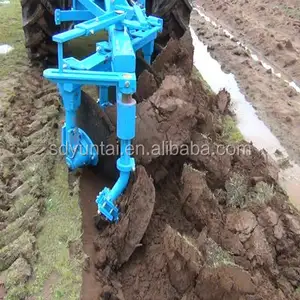
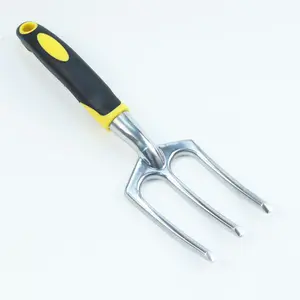





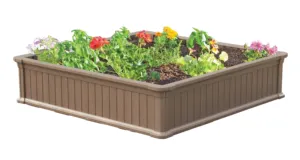





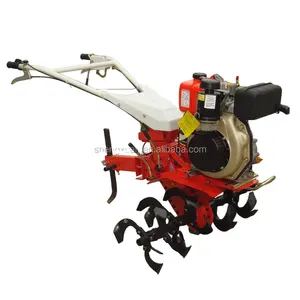




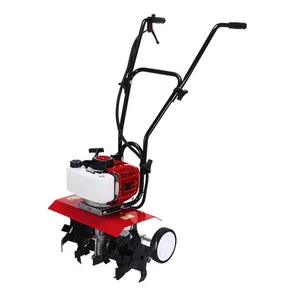



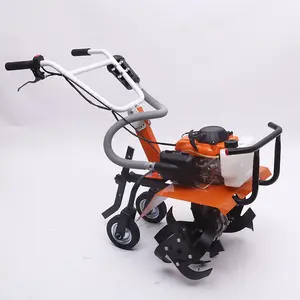








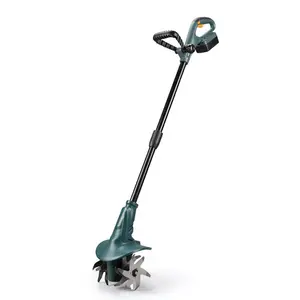
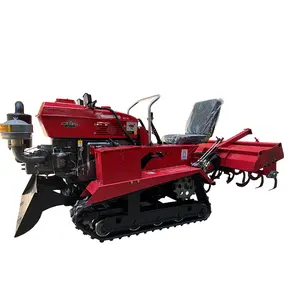
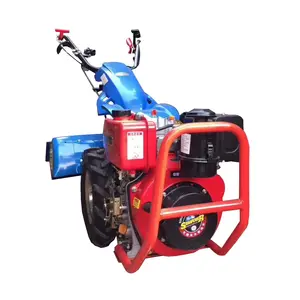


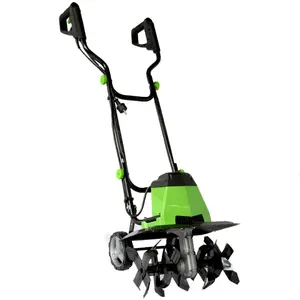

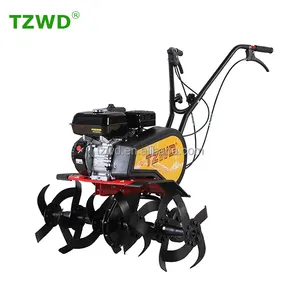
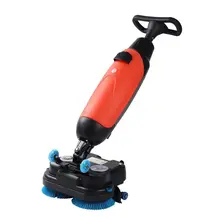
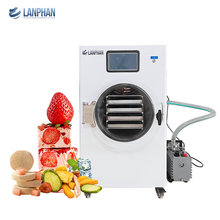
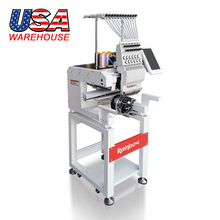
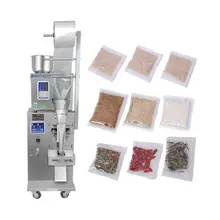
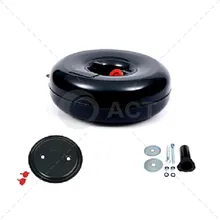
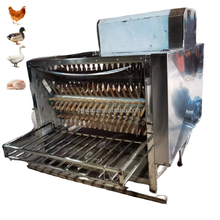

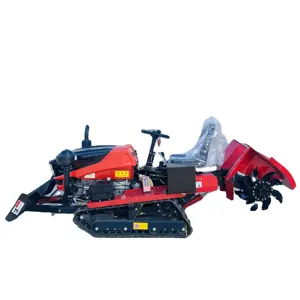
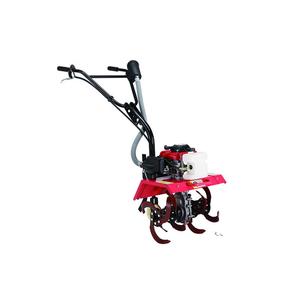




























 浙公网安备 33010002000092号
浙公网安备 33010002000092号 浙B2-20120091-4
浙B2-20120091-4